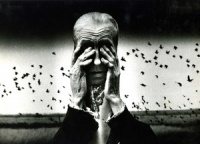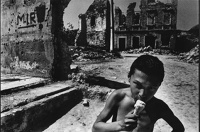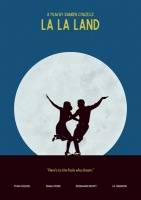
the EU project has just come to an end.. to celebrate it, a picnic for the students involved took place on wednesday, 6th june.. as ccc happened to be part of the whole thing, i prepared a couple of quizes.. here's one of them:
Greetings, Kermit the Frog here
And today I'd like to tell you a little bit about the color green..
Do you know what's green?
Well, I am for one thing..
You see, frogs are green, and I'm a frog
And that means that I'm green, you see...

This is a guest post from Natalie Peace of PeaceAndProfit.com..
She is the author of "30 Keys to Building a Multi-Million Dollar Business: What They Didn’t Teach Me in Business School". Natalie is an entrepreneur, business coach, and she’s currently writing a book on how to start a wildly successful business...

Vincent Malloy is seven years old
He’s always polite and does what he’s told
For a boy his age, he’s considerate and nice
But he wants to be just like Vincent Price
He doesn’t mind living with his sister, dog and cats
Though he’d rather share a home with spiders and bats
There he could reflect on the horrors he’s invented
And wander dark hallways, alone and tormented...

Oliver Stone is one of a handful of true artists left in modern cinema who will almost always place a greater importance on the craft rather than economic considerations. He has written, directed, and produced such popular and sometimes controversial masterpieces as Any Given Sunday, Nixon, Heaven & Earth, and Born on the Fourth of July. He has also written and directed Platoon, JFK, Salvador, Natural Born Killers, The Doors, Wall Street and Talk Radio.




